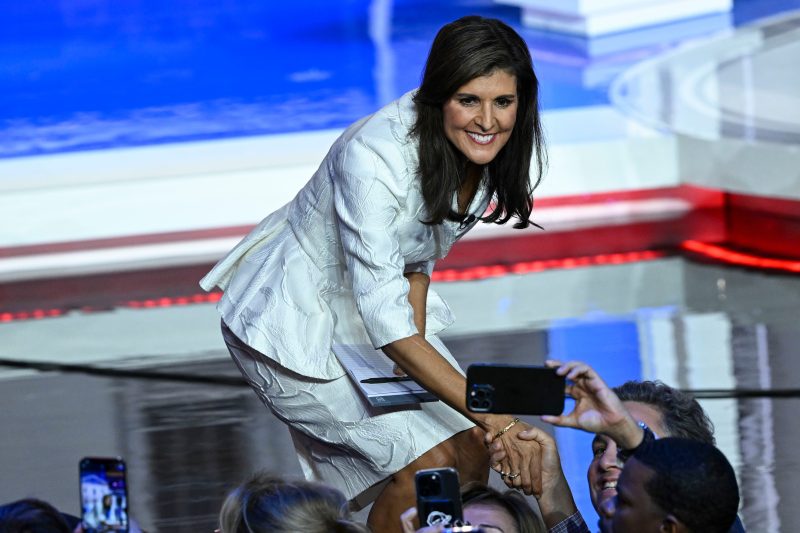The divide between the uber-wealthy and the middle class has grown wider in the past few decades, and it does not seem to be slowing down. With their staggering wealth, the mega-rich are able to wield tremendous influence over politics and policy. The question is, is this a good thing for democracy?
The answer is complicated. On the one hand, the mega-rich can bring much-needed resources to neglected communities and can help champion policies that will benefit a wide range of people. On the other hand, there is the potential to abuse their power and to use their resources to promote policies that will only benefit themselves and their allies.
One way that the wealthy have been able to exert influence in politics is through the use of political action committees (PACs). PACs are set up by wealthy individuals or groups to raise money for a particular candidate, and can greatly increase the power of the people and organizations funding it. PACs are seen as a way for the wealthy to gain instant political leverage by giving campaign contributions to their desired candidate.
Another way in which the mega-rich exercise influence in politics is through lobbying groups. These are organizations that seek to influence government decisions on behalf of their clients. Lobbyists often have connections to powerful politicians and can sometimes be the dominant source of information on a particular issue or legislation. The influence of lobbyists has been felt most evidently in the banking and pharmaceutical industries, where large companies often hire lobbyists to provide information and apply pressure on legislators.
These tactics have allowed the wealthy to have a greater hand in the modern political landscape, but this influence has come at the expense of other voices in the public discourse. Wealth inequality perpetuates the idea that the rich are in some way “better” than everyone else and can therefore be entrusted with more power over the political decisions that affect everyone’s lives.
The problem is that this type of influence can drown out dissenting opinions and can make true democracy difficult to achieve. Additionally, the wealthy often believe that they are entitled to special treatment or access to positions of power, which can further alienate those who are not part of their circle.
All in all, it is clear that the Mega-Rich are increasingly becoming the new political bosses, and while they can influence politics in both beneficial and harmful ways, it is important to recognize the potential dangers of granting so much power to the few. Balancing the voices of the elites with the voices of the people is essential for preserving a truly democratic society.
